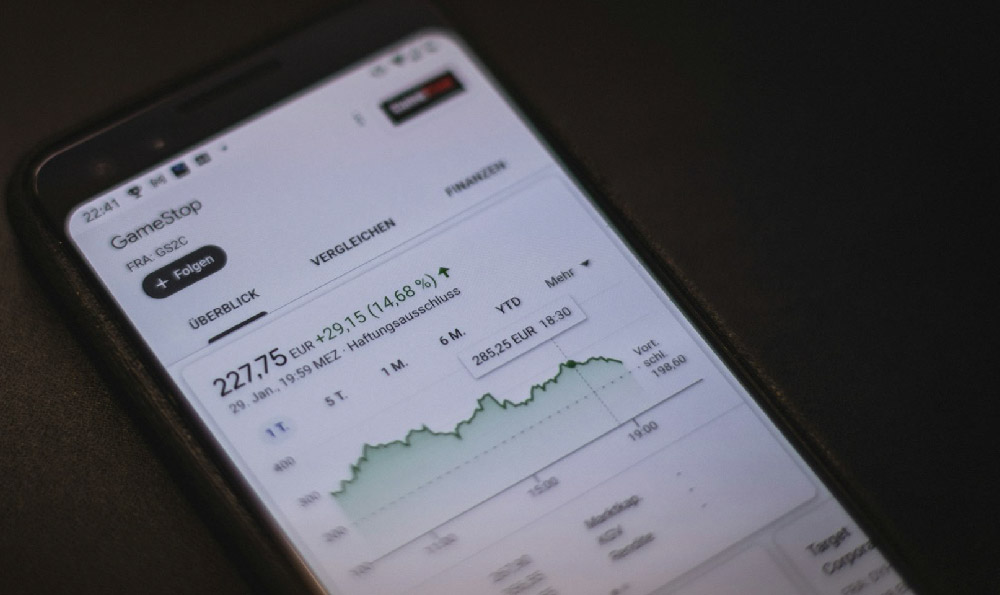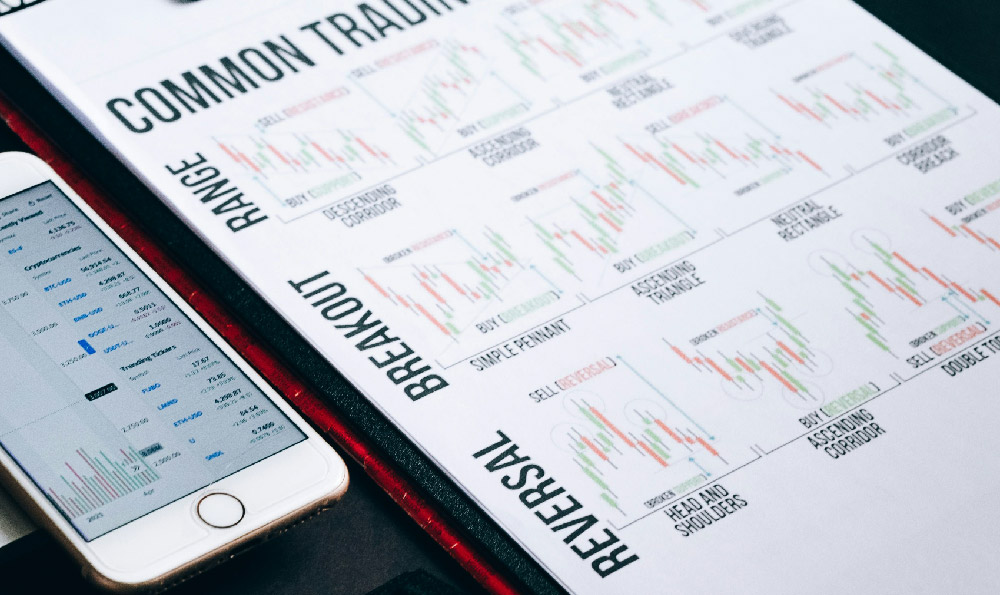Can You Really Make Money Flipping Houses? Is It Worth The Risk?

The allure of quickly transforming a dilapidated property into a profitable asset through house flipping has captivated countless individuals, fueled by television shows and online success stories. However, the reality of flipping houses for profit is far more complex and nuanced than what is often portrayed. While the potential for significant financial gain exists, it's crucial to approach this endeavor with a clear understanding of the associated risks and required expertise.
The profitability of house flipping hinges on several key factors, starting with the acquisition. Identifying undervalued properties with genuine potential for improvement is paramount. This requires diligent market research, an understanding of neighborhood trends, and the ability to accurately assess repair costs. Overpaying for the initial property can quickly erode potential profits, even if the renovation is executed flawlessly. Successful flippers are adept at negotiating favorable purchase prices and recognizing hidden potential where others see only problems. They often have established relationships with real estate agents and wholesalers who can provide early access to promising deals.
Renovation is where the real transformation – and the potential for both profit and loss – unfolds. Creating a realistic budget that accounts for all materials, labor, permits, and unexpected contingencies is absolutely essential. Underestimating renovation costs is a common pitfall that can derail a project's profitability. It's wise to obtain multiple bids from qualified contractors and to thoroughly vet their experience and reputation. Moreover, understanding the scope of work and anticipating potential delays is critical for maintaining control of the project timeline and budget. Savvy flippers often possess a strong understanding of construction principles and can effectively manage contractors, ensuring quality workmanship and adherence to the project plan.

Market timing plays a significant role in the success of house flipping. A rising real estate market can provide a buffer against mistakes and increase the likelihood of selling the property for a profit. Conversely, a declining or stagnant market can make it difficult to find buyers and may require significant price reductions to sell the property, potentially resulting in a loss. Staying informed about local market conditions, interest rates, and economic trends is crucial for making informed investment decisions. Before embarking on a flip, it's wise to assess the current market dynamics and consider the potential for future fluctuations.
Beyond the tangible costs of acquisition and renovation, numerous hidden expenses can impact profitability. These include holding costs such as property taxes, insurance, and utilities, as well as closing costs associated with both the purchase and sale of the property. Marketing and staging expenses are also important considerations for attracting potential buyers and showcasing the property's best features. Failing to account for these miscellaneous costs can significantly reduce the overall profit margin. A comprehensive financial analysis that incorporates all potential expenses is crucial for determining the true profitability of a house flip.
The risks associated with house flipping are substantial and should not be underestimated. Unforeseen problems such as structural issues, mold infestations, or unexpected code violations can quickly escalate renovation costs and delay the project timeline. Changes in market conditions can also negatively impact profitability, making it difficult to sell the property for the desired price. Furthermore, the emotional toll of managing a renovation project can be significant, requiring resilience, patience, and the ability to handle stress.
To mitigate these risks, it's essential to develop a well-defined investment strategy and to thoroughly research each potential property. Building a strong team of professionals, including a real estate agent, contractor, home inspector, and attorney, can provide valuable expertise and support throughout the process. Obtaining adequate insurance coverage is also crucial for protecting against potential losses due to property damage or liability claims. Moreover, having a contingency plan in place for addressing unexpected challenges can help to minimize the impact of potential setbacks.
While the potential for financial gain is undeniably present, house flipping is not a get-rich-quick scheme. It requires hard work, dedication, and a willingness to learn and adapt. It is a business venture that demands careful planning, meticulous execution, and a thorough understanding of the real estate market. Those who are willing to invest the time and effort to acquire the necessary knowledge and skills can potentially reap significant rewards. However, those who approach it lightly or underestimate the risks are likely to face disappointment and financial losses.
Ultimately, determining whether house flipping is "worth the risk" is a personal decision that depends on individual circumstances, risk tolerance, and financial goals. It is crucial to conduct thorough due diligence, develop a realistic investment strategy, and seek the advice of experienced professionals before embarking on this endeavor. With careful planning and execution, house flipping can be a profitable and rewarding investment opportunity. However, it is essential to approach it with caution and a clear understanding of the potential risks involved. Before diving in, consider starting small, perhaps with a less ambitious project, to gain experience and build confidence. Learning from mistakes on a smaller scale can prevent larger, more costly errors down the line. The key is to approach house flipping as a serious business venture, not a hobby, and to treat it with the respect and attention it deserves. Only then can you truly assess whether the potential rewards outweigh the inherent risks.














